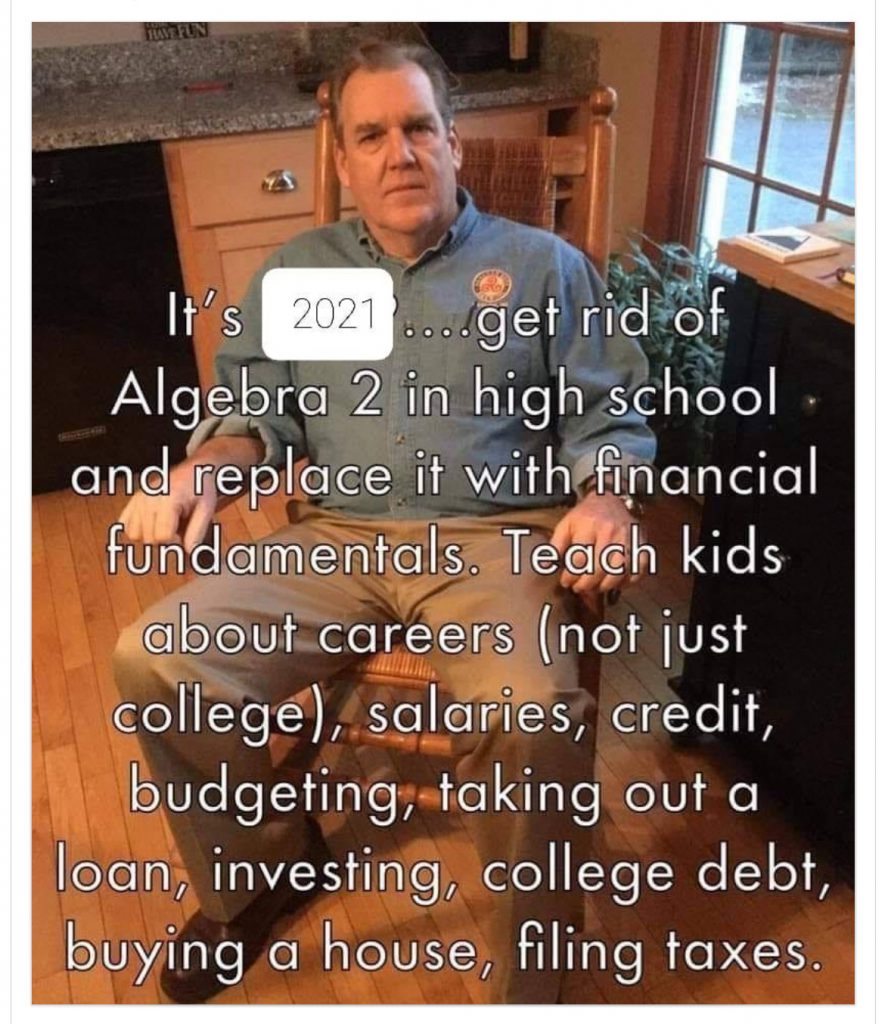The field of accounting is losing CPAs at an alarming pace. The statistics are disturbing. Older practitioners are still working well beyond their planned retirement age and younger candidates are choosing to bypass the rigorous professional training. I’ve been involved with NJCPA’s student outreach efforts and I can confirm that in my experience, students are just not enticed by the prospect of becoming CPAs. Through my anecdotal observation in and out of the classroom, I met only one student out of hundreds who expressed any interest in the possibility of a career in accounting. Moreover, students (and the public overall) seem to have glaring misperceptions about what we actually do in our careers and the work skills that we regularly employ.
The AICPA and state accountancy boards responded in the only practical way they could: they are revising the profession’s entry requirements to make them easier and more palatable. Of course, they don’t talk publicly of the revised standards being “easier”. Understandably, that could be damaging to the image of the profession and that’s the opposite of what the industry wants. There are well reasoned justifications published in our professional journals to explain the changes and I’m certainly not criticizing our management’s decisions in making these changes. But if we remove all the positioning and well strategized terminology, the bottom line is that future CPAs will attain certification more easily than older CPAs. I’m not saying that’s a bad thing, I’m just saying that easing of academic rigor is a factually accurate conclusion of an analysis of the trend.
Lately I sense that our entire regional community seems more willing to accept and even embrace the approach of less rigorous academic and career training. A recent example showed up as a social media meme that suggests that high schools should “Get rid of Algebra 2” to make room to teach more practical but mundane life skills. This thinking certainly makes sense if few students or adults see value in Algebra 2. But if we look closer, it becomes clear that this is a classic example of the Dunning Kruger effect in action. We don’t know what we don’t know. We value what we know and devalue the possibilities of what we don’t know.

This was my comment:
“As an employer who talks with many other employers, I am concerned with an observed lack of practical application of logic and problem solving ability in younger people. Of course, I’m also concerned with a lack of practical education about careers, credit, budgeting, finance, etc. The difference, as I understand it, is that the latter topics can be easily taught in a wide variety of formats, including, for example, YouTube. There is no evidence, to my knowledge, that logic and problem solving skills like those at the core of Algebra 2 are effectively taught outside the home or classroom. I would expect any person above the level of entry level laborer – whether in an office or plant or on a construction site or work yard, who is working with me directly or for a client at their business, to be able to apply the concepts of Algebra 2 in their daily life.
Stated another way: it’s fine to choose to not learn Algebra 2 while working in many fields. But if you expect to be promoted to a level of manager in any of the dozens of companies I serve, then you are certainly expected to have a grasp of Algebra 2 concepts.
I am blessed to have two children in their 20s: a daughter who is now a successful construction engineer and a son who was an award winning teacher and is now a rising prosecuting attorney handling important and high profile police corruption matters in Florida. They both had to have a firm grasp on Algebra 2 concepts in middle school or high school before they could ever advance into a realm of professional achievement in a competitive world.
So I’m concerned when I see something that implies that “dumbing down” on core curriculum of math, science, history, critical thinking, problem solving, humanities and liberal arts is ok. It’s not ok, and our society will suffer for it.”
I feel certain that the communities and school districts that will graduate a disproportionate number of leaders and high income earners are not dropping Algebra 2.
Similarly, I know that the need for CPAs with broad based knowledge in law, public policy, behavioral science, data management, AI, and evolving technologies is not going away simply because candidates lack that training and experience.
We can justify the trend by calling it modernization, updating, strategic repositioning, specialization or any number of terms less provocative than “dumbing down”. But I choose this term to poke at the underlying concern.
Where is this headed? Continued acceleration of the widening wealth and income gap. Continued loss of the effectiveness of democratic government. Widening social division. Continued slippage of our society and our nation into a ‘second tier’ in comparison to societies that do not accept this pattern. That’s why I am concerned.

Comments
One response to “Is dumbing down curriculum our only hope?”
[…] apparently widening knowledge gap is clearly a problem in my professional field. In another recent blog post I wondered about the plans of the AICPA to make their minimal professional training easier to […]